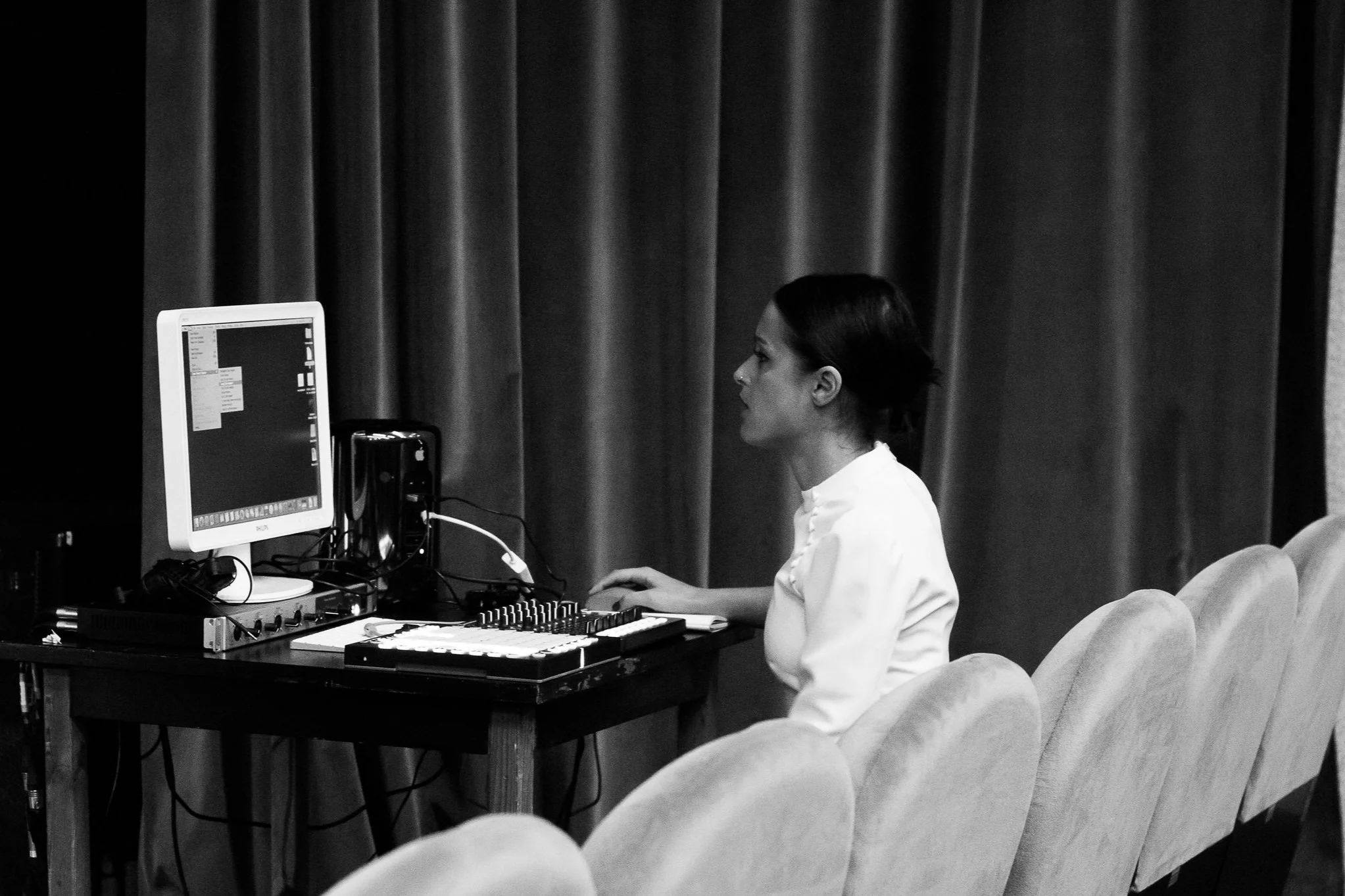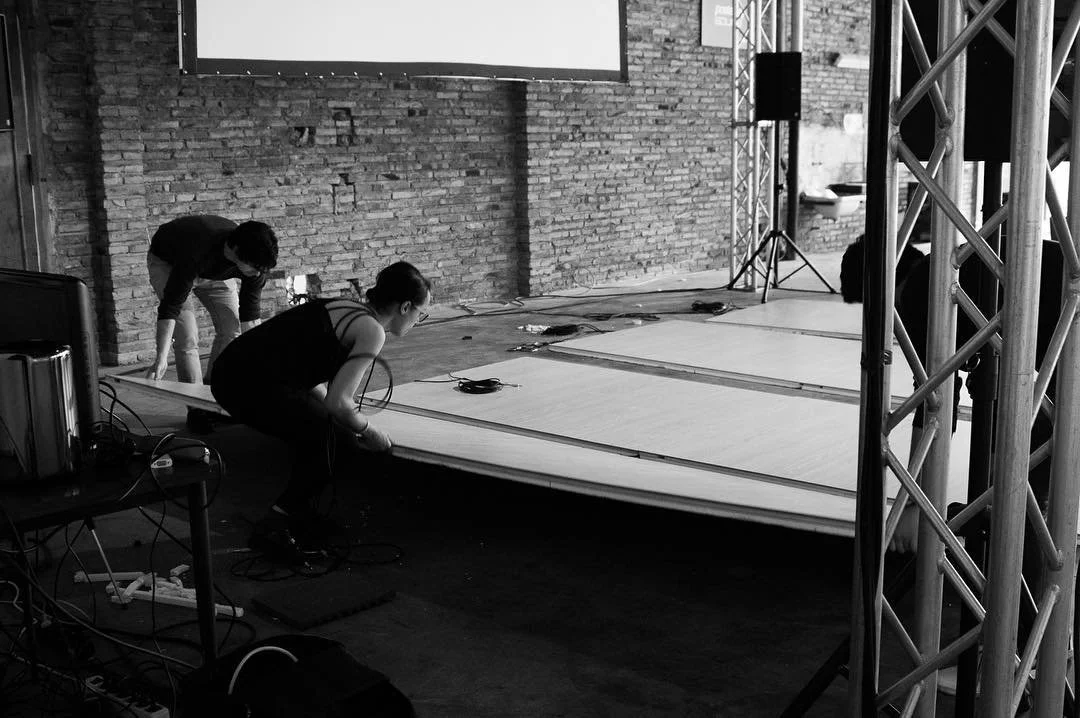ABOUT ME
The Concert That Changed Everything
Picture a room full of composers at a concert. Everyone pretending to listen. Everyone actually focused only on their own piece, rationally evaluating technical specifics, paying little attention to anyone else.
I had this haunting feeling: One day, people will be so focused on themselves that they won't be able to connect, not even to themselves.
That moment crystallized everything my research had been revealing: we're optimizing for the wrong things.
How I Got Here
I'm a social scientist and electroacoustic music composer. For years, I studied how sound, before it becomes music, affects human behavior.
I built and patented an interactive wooden floor that gave people acoustic feedback as they moved. Watching them, I discovered something profound: perception happens in ways we can't see.
Most attention research focuses on vision, it is observable and measurable. But approach it through sound, and everything changes. Attention suddenly looks like a different process entirely: mainly bottom-up, highly dependent on how we access information around us.
That's when I realized: isolating ourselves to remove distractions seems logical. But it's incredibly wrong.
The Strategy Breakthrough
Then I deepened my knowledge of personal development, and I realized something crucial: focus is something we learn.
We learn a strategy for focus. We learn many strategies based on the tasks we do; that's why sometimes we're very good at focusing, and other times we're terrible at it.
A strategy is like a recipe, an algorithm—something we do that consistently leads us to a result. When we get distracted… We have a good strategy for that, too, because we consistently get that result.
That's why I'm a focus and attention strategist. I help people understand their strategies and rebuild them in more convenient, strategic ways.
When we combine good strategies and good physiology of focus, we get unshakeable focus, without burnout, without disconnection.
What I Discovered
Working on how unattended sound affects focus, I uncovered the deep connection between attention and environment, what I call the physiology of focus.
Sound affects us in different ways based on an index I developed: Acoustic Ease. Not all sounds distract. Some sounds actually support our attention (not Binaural Beats ;) ). Understanding this changes everything about how we approach focus.
My Work
Happear is my research and training company, where I continue studying attention through a transdisciplinary lens, philosophy, psychology, economics, sociology, and neuroscience.
My belief: we don't know anything if we see it from just one point of view. Everything is more complex than we think.
Strategic Focus: The complete system I've developed for training attention strategically, not straight to burnout. It combines the Sustainable Focus Framework (the knowledge) with Focus Gym (the practice).
My Mission
To elevate human thinking at its finest, starting with the most delicate skill: attention.
After all, attention is how we demonstrate love. It's the foundation of everything that makes us human.
I'm here to help you master your focus, so you never lose the ability to connect.
The Problem I'm Solving
Today, everyone seems to have an attention disorder.
But here's the truth: we don't train focus. And when we try to fix it, we do it in ways that cause more stress and disconnection.
We chase deep, sustained focus and try to become indistractible, trading away creativity and connection for unrealistic standards. In an AI world where execution is automated, we're optimizing away the only things that remain uniquely human.
This doesn't work sustainably.


